Indigenous Reference Group
Indigenous Reference Group
-
Diane Cadet-James
Diane Cadet-James is a member of the Gugu Badhun nation of the Valley of Lagoons in North Queensland. Her lived experience as an Aboriginal person in conjunction with qualifications and experience working in the Indigenous sector informs her approach to working to improve outcomes for Aboriginal and Torres Strait Islander people.
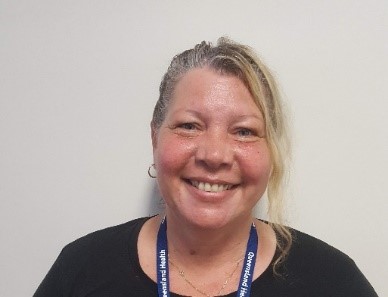 Diane has a background in Aboriginal and Torres Strait Islander education, supporting students to reach their full potential and families to navigate the system. Her other interests lie in research, working with groups and communities to ensure appropriate research protocols are in place and assisting researchers to engage respectfully and ethically with Aboriginal and Torres Strait Islander people in the research process. Currently she is part of the Healthy Ageing Research Team undertaking a project to better understand what healthy ageing means for Torres Strait Islanders
Diane has a background in Aboriginal and Torres Strait Islander education, supporting students to reach their full potential and families to navigate the system. Her other interests lie in research, working with groups and communities to ensure appropriate research protocols are in place and assisting researchers to engage respectfully and ethically with Aboriginal and Torres Strait Islander people in the research process. Currently she is part of the Healthy Ageing Research Team undertaking a project to better understand what healthy ageing means for Torres Strait Islanders -
Prof. Yvonne Cadet-James
Professor Cadet-James has extensive experience in the field of health and education as a registered nurse and midwife, followed by an academic teaching and research career. She has experience as a principal and chief investigator on NHMRC, ARC and other funded grants.
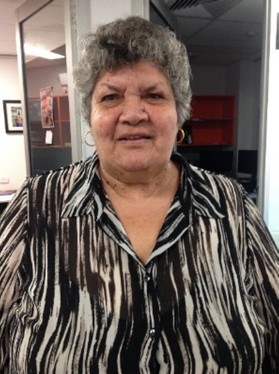
Her research interests lie in community based models to address tobacco; maternal and child health; social, emotional and mental health wellbeing; and research benefit and impact. She is a co-leader on the Family Wellbeing Empowerment Research Program now utilised in some 57 organisations/communities across the nation which assists people to gain the knowledge, skills and confidence to make positive changes in their lives.
Professor Cadet-James has been involved in national Indigenous research reform through representation on NHMRC committees including the Principal Committee Indigenous Caucus, working group for the revision of the NHMRC national ethical guidelines for research which involves Indigenous people and the Australian Health Ethics Committee.
She plays a major advisory and mentorship role in strengthening the capacity of researchers, organisations and communities; she provides master classes and workshops specifically designed for Indigenous groups to set and take control of their own research agendas. As a member of the Gugu Badhun nation Professor Cadet-James provides leadership for the Gugu Badhun Djima Research Centre activities.
-
Gail Daylight
Gail is a proud and strong Kamilaroi woman. She started working at the Aboriginal Medical Service in Redfern in 1978 as a receptionist and worked her way up to Dental Coordinator. Since, she has had senior roles in the public sector, local government, the Department of Education and Training and NSW Health.
Gail was elected by the Sydney Aboriginal Community as an ATSIC (Aboriginal & Torres Strait Islander Commission) Councillor and in 2012 she was inducted into the NSW Aboriginal Health Hall of Fame at the NSW Aboriginal Health Awards. This award was presented to her by the Minister and was in recognition for over 30 years of service to Aboriginal Health.
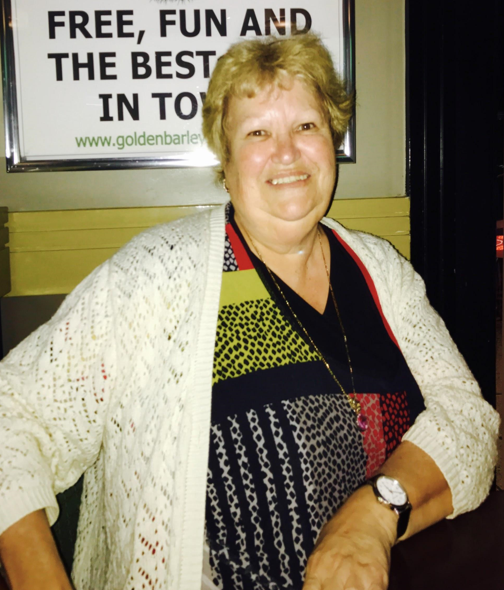
Gail has a passion for Aboriginal affairs and helping others. Since retiring in 2015, Gail has been involved with the Jimmy Little Foundation, NeuRA (Neuroscience Research Australia), Stepping Stones House and the Aboriginal Medical Service, Redfern. Gail enjoys reading, quilting and spending time with her grandson, Isaiah.
-
Terence Donovan
Terry identifies as a Gumbayngirr / Biripai man. His father was a Gumbayngirr man and his mother a Biripai woman. Terry has had a diverse career, from military service, working in local government and not-for–profit community services to providing education to health professionals on Aboriginal cultural awareness.
 Terry worked with the National Parks & Wildlife Service of NSW as one of 3 Aboriginal Sites Officers. As an Aboriginal sites officer, he travelled to all Aboriginal communities in NSW and collected information about Aboriginal sacred sites, Aboriginal occupational sites and Aboriginal history & culture. This process was to instigate registration and preservation of the sacred sites.
Terry worked with the National Parks & Wildlife Service of NSW as one of 3 Aboriginal Sites Officers. As an Aboriginal sites officer, he travelled to all Aboriginal communities in NSW and collected information about Aboriginal sacred sites, Aboriginal occupational sites and Aboriginal history & culture. This process was to instigate registration and preservation of the sacred sites.He has also worked:
– As a lecturer in TAFE;
– As an Aboriginal Case Worker – Youth Support Worker;
– As an Aboriginal Housing Corporation Coordinator;
– As a team Leader and labourer on Nambucca Shire Council; and
– As an outreach worker, with the North Coast Primary Health Network.
Terry is a much valued member of the Koori Growing Old Well Study team on the Mid North Coast and is employed as a Knowledge Translation Officer for the OurMOB study
-
Harold Douglas
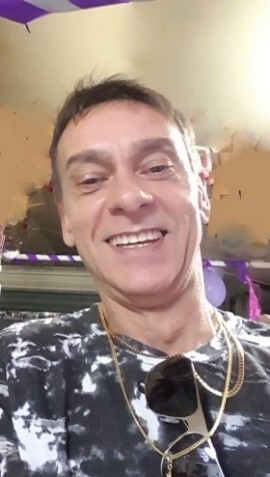
Harold is a proud Gunnai man from south eastern Victoria. He is a research officer on the Let’s CHAT Dementia project and IRG co-ordinator, and also an Integrated Team Care Co-ordinator at the Victorian Aboriginal Health Service. Harry has worked as an aged care consultant and personal care assistant for 20 years and was also the manager of a planned activity group at the Aboriginal Community Elders’ Service (ACES) for a number of years. He was even the cook and gardener there for a while!
“I love working with my Community and in particular with Elders. I have found that taking a holistic approach to care, which might sometimes mean doing tasks outside the scope of my job description like taking people shopping, cooking them a meal, or physically taking clients to appointments, makes all the difference to my clients’ health and wellbeing. I have a lot of experience working with people on the dementia journey, and more recently have had the very personal experience of dealing with my mum’s diagnosis with dementia and the challenges of helping to care for her. I feel very strongly that the research that I’m involved with at Melbourne University is going to help my community improve their quality of life and get better, culturally appropriate support. I’m very keen to let Community know about what I’m doing and change perceptions about research and its potential value for Indigenous people, when it is conducted in a culturally and spiritually appropriate manner.”
-
Tallulah Lett
-
Roslyn Malay
Roslyn Malay is a Yurriyangem Taam Kija women from the East Kimberley of Western Australia. She has expert knowledge on the complex social, environmental and cultural issues that both affect and influence the health and wellbeing of older Aboriginal people in the Kimberley.
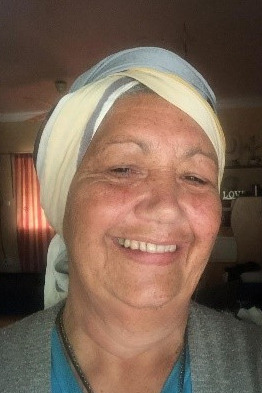
Roslyn has worked as a Researcher/Project Officer at the University of Western Australia Centre for Health and Ageing (WACHA) for 9 years. She is one of few Aboriginal Research Officers working in the Kimberley and has been instrumental in improving the lives and health of older Aboriginal Australians who live there.
Roslyn's research interests include healthy ageing among Aboriginal people, particularly in the remote community setting. She facilitates knowledge exchange of Aboriginal culture to non-Aboriginal people and has helped increase awareness of dementia and cognitive impairment in remote communities in the Kimberley. She is also the Co - Chair of the Aboriginal and Torres Strait Islander Australian Association of Gerontology Ageing Advisory Group and completed her cert IV in ageing support at the North Regional TAFE in Broome.
-
Dallas McKeown
Dallas is a Yuuwaalaaray woman with family ties to the Dirranbandi nation in far South-West Queensland.
Currently she works as Executive Director of Primary Health Care at Apunipima Cape York Health Council. She is an Executive Board member at Wuchopperen Health Service and a member of the Far North Queensland Human Research Ethics Committee.
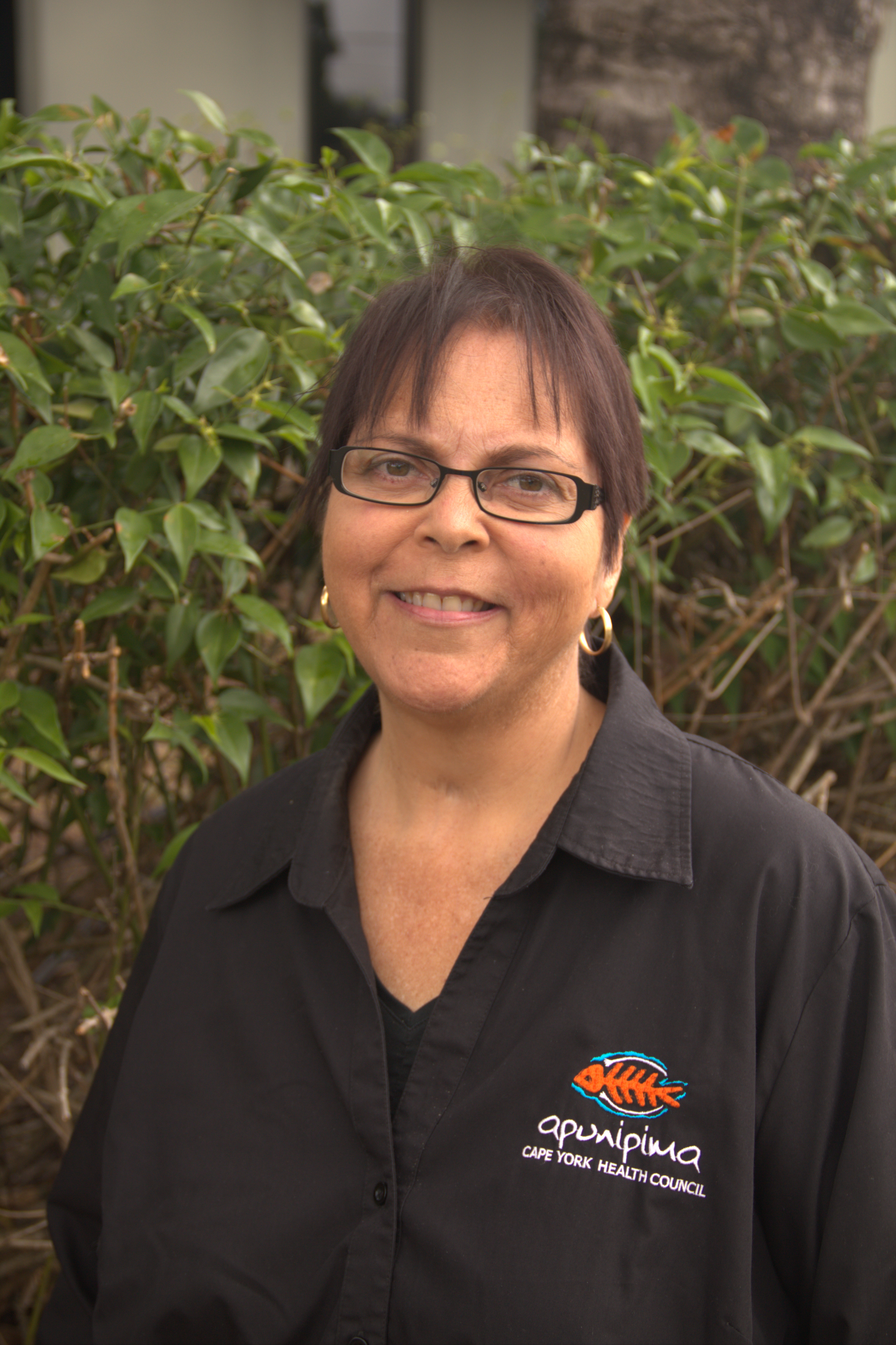
Throughout her career in the health industry Dallas has worked across government departments, in tertiary education, and Aboriginal community-controlled services. She has a keen interest in research and has been involved in a variety of research projects relating to health and wellbeing, and has pursued post-graduate qualifications in Indigenous health and management.
-
Adju/Prof Dr Mark Wenitong
Dr Mark Wenitong (Adjunct Prof) is an Aboriginal and Torres Strait Islander medical graduate and a founder and past president of the Australian Indigenous Doctors Association, and has been involved in clinical primary health care in Aboriginal and Torres Strait Islander health as well as policy and research. He also has an interest in research translation both into policy and practice.
He is the medical advisor for a large regional remote ACCHS and also advises both federal and state Aboriginal and Torres Strait Islander health policy. His main research interests are the intersection of early childhood, epigenetics and generational adult Aboriginal and Torres Strait Islander health improvements, including the influence of allostatic load and ACE’s on Aboriginal and Torres Strait Islander health with respect to both CD and MH over the lifespan and across generations.